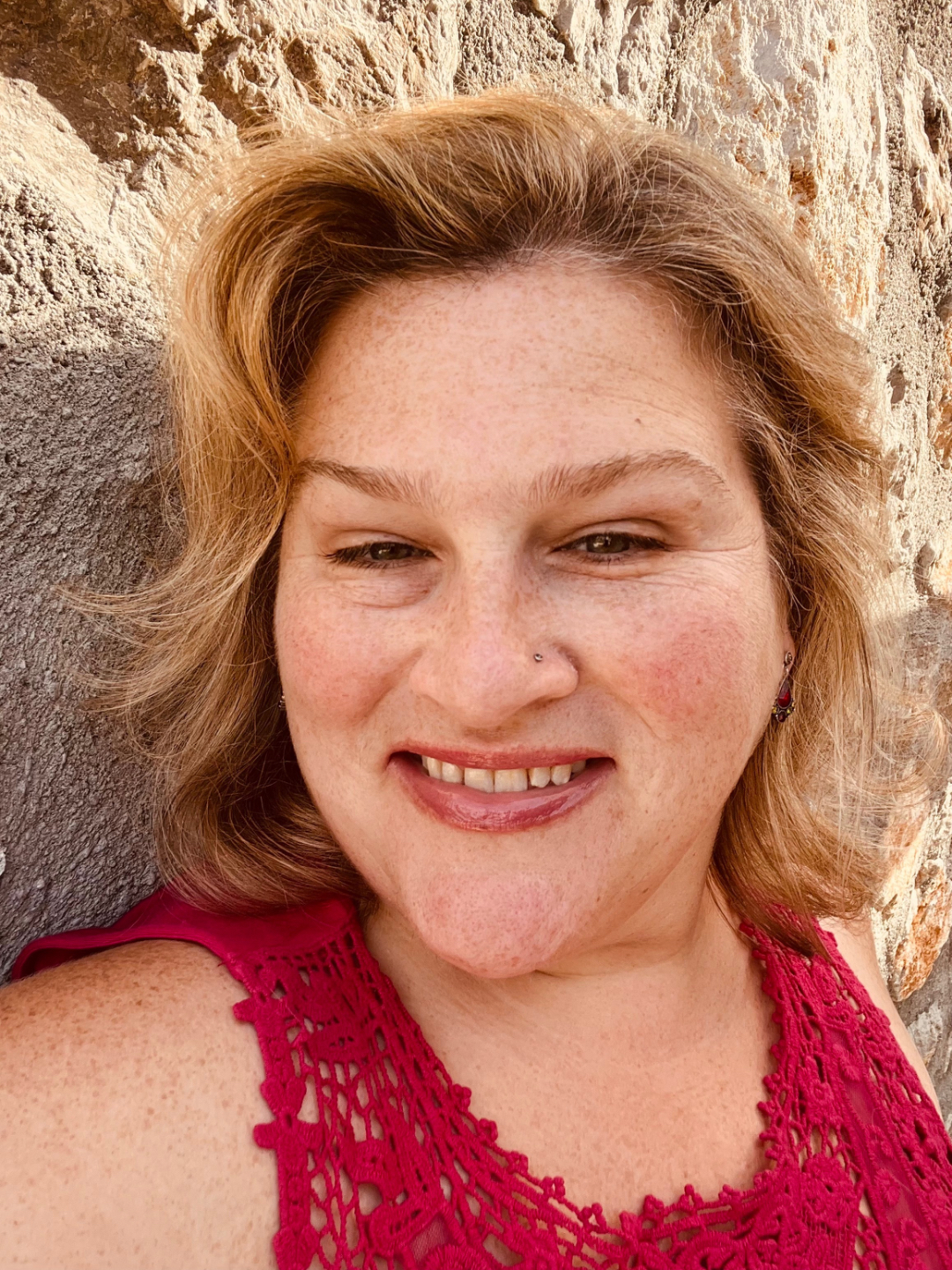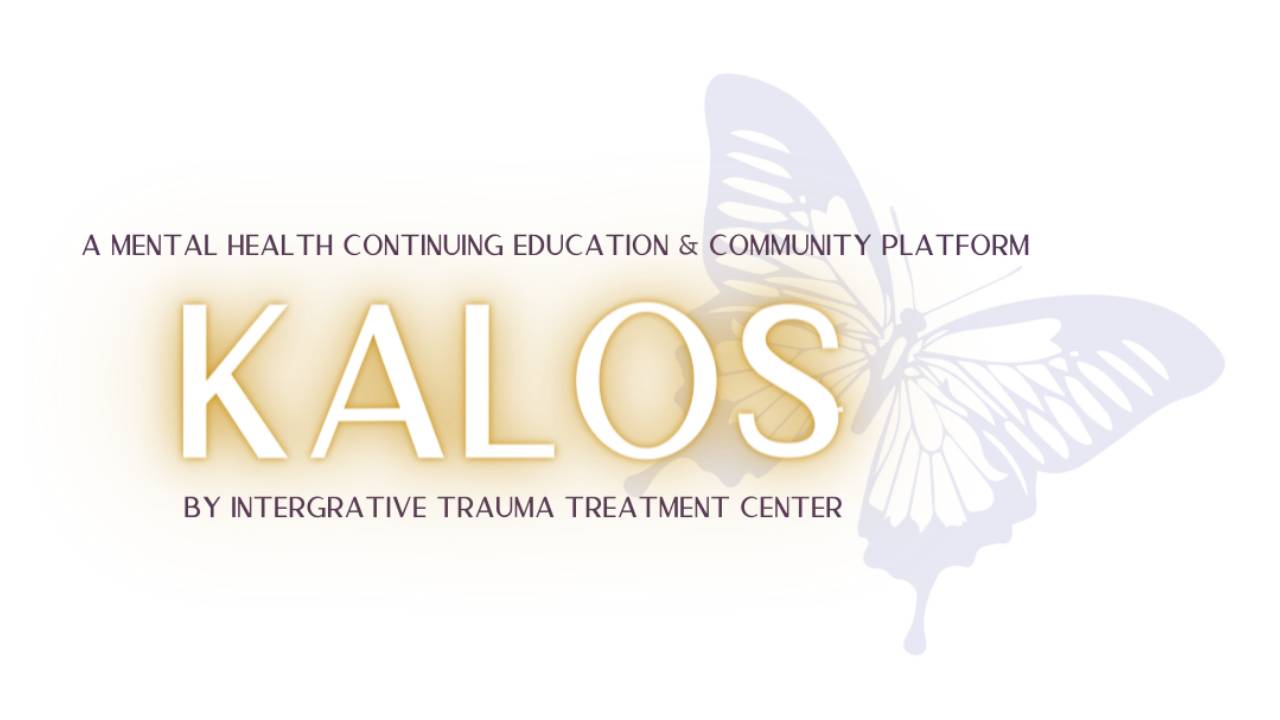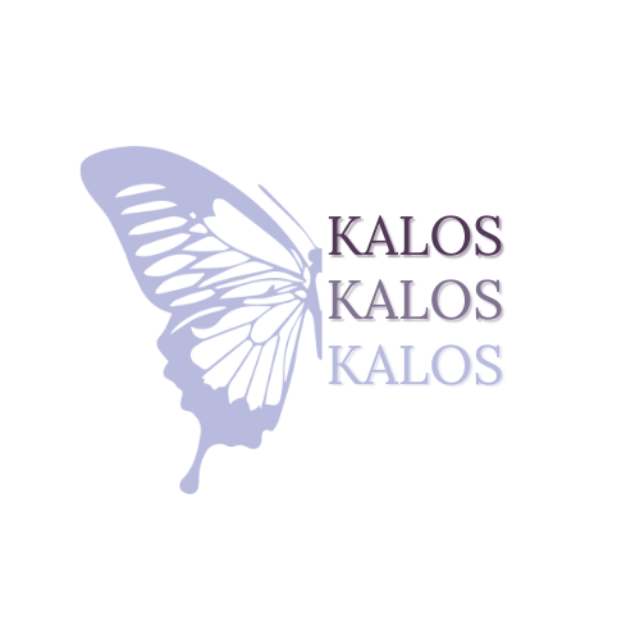Recognizing and Healing the Wounds of Spiritual Abuse and Religious Trauma
Uncover the hidden impact of spiritual abuse—and learn how to respond with trauma-informed, holistic care across all faith and clinical settings.
About This Course
Generally defined as the use of God or religion as tools to gain power and control by the abuser, spiritual abuse is one of the most overlooked forms of abuse in clinical settings. However, the willingness to address it will give clinicians added insight into many of their clients and how to more effectively and holistically address treatment. Spiritual abuse is not just relevant for those who have been members of cults---it is a very real condition that often occurs in individuals who have been abused, or who struggle with addiction issues. The aim of this presentation is not to single out any one group; rather, to examine common themes of power, control, and shaming/manipulation that exists across religions and spiritual practices.
In this course, theories of spiritual abuse and approaches to understanding it are explored through pastoral, developmental, and clinical lenses. Challenges for personal reflection and other critical thinking activities will help participants understand how the construct of spiritual abuse is relevant to clinical practice and apply this knowledge to any aspect of your work as a human services professional. Finally, writing on the theory and practice of helping clients develop healthy spirituality is presented and discussed. Specific connections are made to implementing spiritual resourcing as part of overall treatment and care.
Key Learning Objectives:
-
Define spiritual abuse from pastoral, developmental, and clinical perspectives, recognizing its unique impact across various contexts.
- Identify common themes and patterns across religious denominations and spiritual practices that contribute to experiences of spiritual abuse.
- Assess negative cognitions and beliefs commonly internalized by individuals who have experienced spiritual abuse, particularly as they relate to clinical symptoms.
- Develop trauma-informed treatment or service plans that are responsive to the specific needs of clients impacted by spiritual abuse.
- Recognize and incorporate components of healthy spirituality that support the healing and recovery process in clinical and human service settings.
Course admission requirements:
Minimum of a Master's Degree in a mental health or related field; or be a student in social work, psychology, counseling, or a related field. In Low- and Middle-Income Countries, a minimum of a Bachelor's degree in social work, psychology, counseling, or a related field is required.
Enroll in Just this Course
MEET THE PRESENTER
Jamie Marich, Ph.D., LPCC-S, REAT
Dr. Jamie Marich (she/they/we) began her career as a humanitarian aid worker in Bosnia-Hercegovina from 2000-2003, primarily teaching English and music. Jamie travels internationally teaching on topics related to trauma, EMDR therapy, expressive arts, mindfulness, and yoga, while maintaining a private practice and online education operations in her home base of Akron, OH. Marich is the founder of the Institute for Creative Mindfulness and the developer of the Dancing Mindfulness approach to expressive arts therapy. Marich is the author of EMDR Made Simple: 4 Approaches for Using EMDR with Every Client (2011), Trauma and the Twelve Steps: A Complete Guide for Recovery Enhancement (2012), Creative Mindfulness (2013), Trauma Made Simple: Competencies in Assessment, Treatment, and Working with Survivors, Dancing Mindfulness: A Creative Path to Healing and Transformation (2015), and Process Not Perfection: Expressive Arts Solutions for Trauma Recovery (2019). Marich co-authored EMDR Therapy & Mindfulness for Trauma-Focused Care along with colleague Dr. Stephen Dansiger in 2018, and their new book with Springer Publishing Healing Addiction with EMDR Therapy: A Trauma-Focused Guide released in 2021. North Atlantic Books published a revised and expanded edition of Trauma and the 12 Steps in the Summer of 2020, and they released The Healing Power of Jiu-Jitsu: A Guide to Transforming Trauma and Facilitating Recoveryin 2022. Her best-selling book to date, Dissociation Made Simple: A Stigma-Free Guide to Embracing Your Dissociative Mind and Navigating Life came out in January 2023 with North Atlantic books and it also has a clinical flipchart. Herpersonal memoir about surviving spiritual abuse called You Lied to Me About God, release in Autumn 2024, also from North Atlantic Books.
The New York Times featured Marich’s writing and work on Dancing Mindfulness in 2017 and 2020. NALGAP: The Association of Gay, Lesbian, Bisexual, Transgender Addiction Professionals and Their Allies awarded Jamie with their esteemed President’s Award in 2015 for her work as an LGBT advocate. The EMDR International Association (EMDRIA) granted Jamie the 2019 Advocacy in EMDR Award for her using her public platform in media and in the addiction field to advance awareness about EMDR therapy and to reduce stigma around mental health. The Huffington Post published her personal story of being out as a clinical professional with a dissociative disorder in May 2023. She is currently enrolled in the Interfaith Chaplaincy program at the Chaplaincy Institute with the hope of being ordained as an interfaith minister in Autumn 2026.

Course Materials
- Prerecorded Video (3 Hours)
- Presentation
- Quiz
- Presentation Feedback Survey
- Certificate of Completion*
*A passed quiz of at least 80% and a completed feedback survey required for certificate.
Continuing Education (CE) hours
3 NBCC CE hours are available for licensed mental health providers. Please check with your licensing board to confirm that NBCC CE hours are accepted.
Integrative Trauma Treatment Center (ITTC) has been approved by NBCC as an Approved Continuing Education Provider, ACEP No. 6912. Programs that do not qualify for NBCC credit are clearly identified. Integrative Trauma Treatment Center (ITTC) is solely responsible for all aspects of the programs.

Become a Member!
A monthly subscription to ITTC’s Professional Learning Community, KALOS Includes:
- Unlimited Access to on demand courses and workshops with more being added all the time.
- Access to the Learning Community where you can connect with colleagues worldwide.
- Discounts on our live events like trainings, webinars, retreats, and our Trauma Summit.
All courses offer continuing education credits unless otherwise indicated.
Join KALOS
